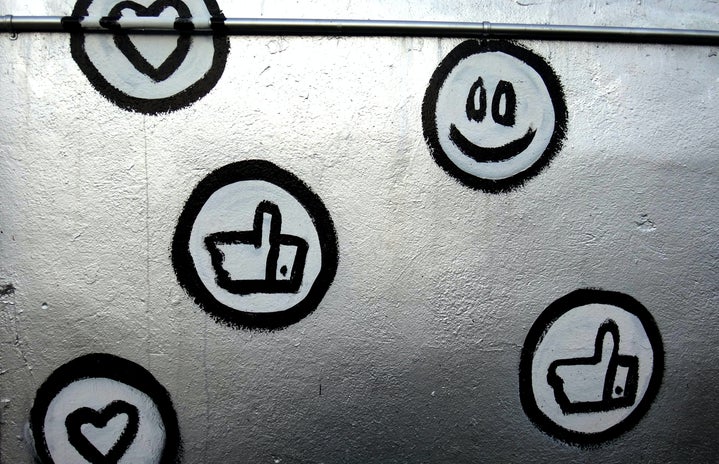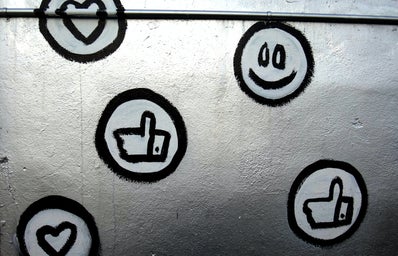There is a ridiculous amount of pressure to maintain a level of optimism online. We’re supposed to pretend everything in life is okay and only post “positive” messages on social media. However, this is dangerous in that it paints an unrealistic portrait of day-to-day life.
With all of the information in the world at every person’s fingertips these days, I have noticed a tendency for others to play psychiatrist over the internet. In the last year, I have had two separate people try to diagnose me with bipolar disorder based on my Facebook posts. Their reasoning?
“Well, you’ll post happy things for a few months and then you’ll suddenly post something sad or negative.”
For people to accuse me of being bipolar for having a couple “off” days is just mind-boggling. And then there is the parade of negative comments when you do post anything that is less than positive. People call you a “downer” or “pessimistic” or say it’s inappropriate to “air your dirty laundry.” It seems like the same people that are in your corner cheering for you when things are going well are the ones that demean and degrade you when you are in a funk.
When did it become unacceptable to have feelings? When did feeling upset because of life occurrences become a positive indicator of a mental health disorder?
That being said, while I am not bipolar, I have been diagnosed with anxiety and obsessive compulsive disorder. This is something that I have been afraid to admit to anyone for the last five years because people with mental health disorders are treated as “less than” or “damaged” when a vast majority of the population will suffer from some sort of mental health disorder in their lifetime.
What does this stigma do to those who suffer? It causes them to hold back, to keep their feelings bottled up, and in some cases, it makes them too afraid to seek help. This is a dangerous trend in society and one that caused me to attempt to take my own life.
After a year of struggling and pretending that everything in my life was perfect, after being chastised more than a few times, I tried to tell the world that I was having a hard time. I had reached the end of my limit, and the emotions that I had pushed down for over a year bubbled to the surface in the worst panic attack I have experienced in my life.
I say all this with the intention of letting others know that there is nothing wrong with needing help. There is nothing wrong with having a mental health disorder or going through a bout of depression. You are not alone and there are people that you can talk to.
Over the last year, the one thing I have learned is that those who try to stifle you, try to tear you down, and try to silence you, do not have your best interest at heart. Find your support system, treasure it, and remember that you are unique, you are special, and you have a purpose in this world.

